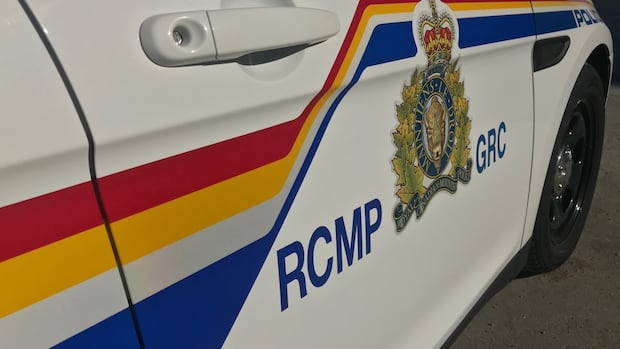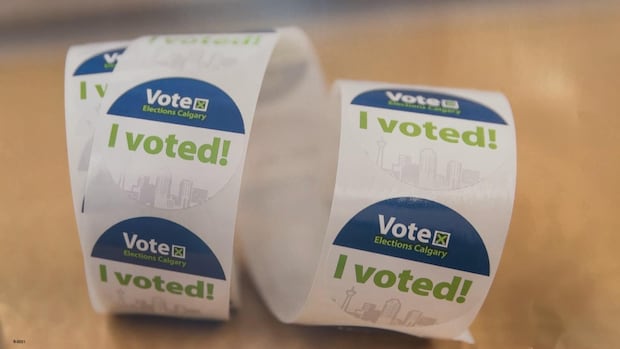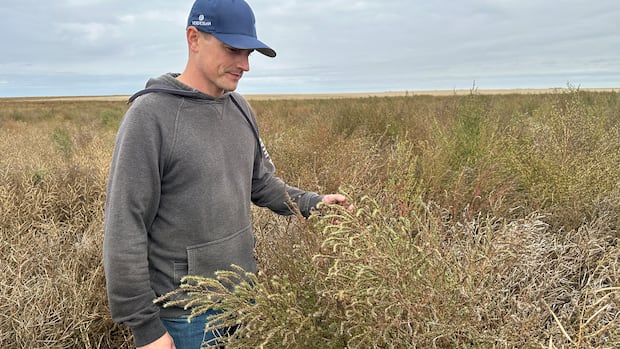The Alberta RCMP have laid charges against members of an organized vehicle theft ring that relied on registering stolen vehicles under the names of unsuspecting individuals.
In a news release Wednesday, RCMP stated that this group was registering stolen vehicles with fraudulent vehicle identification numbers (VINs) by primarily exploiting loopholes in Alberta Registries’ Third-Party Authorization System.
It can be used by people involved in organized crime to legitimize stolen, “re-VINned” vehicles.
As a result of an investigation by the RCMP Auto Theft Unit that began in December 2024, five individuals from Edmonton and two from High River, Alta., have been charged with a combined total of 99 criminal charges.
RCMP Staff Sgt. Luke Halvorson said the individuals who have been charged are not directly part of a named gang, but he said RCMP believe they have connections to a criminal organization.
Police said at least 30 stolen vehicles have been linked to the charged individuals, and six of these vehicles have been recovered so far.
According to Hanna Beydoun, the Insurance Bureau of Canada’s director of auto policy, re-VINning refers to when a person illegally alters the Vehicle Identification Number to “hide the true identity of that car, mislabelling it essentially.”
WATCH | EPS hopes to address vehicle thefts in Edmonton:
Alberta is experiencing a rise in car theft — and Edmonton is one of the hardest-hit cities. CBC’s Stephanie Cram spoke with Edmonton’s interim police chief about plans to tackle the issue.
RCMP said that more than one kilogram of cocaine, more than 200 OxyContin pills, and nearly $10,000 in cash were also seized.
Since the beginning of the investigation in 2024, the RCMP Auto Theft Unit has identified and is working to locate more than 150 registered stolen vehicles that have been re-VINned.
Overall, the wider investigation by the Auto Theft Unit has resulted in the recovery of approximately $1.9 million in stolen vehicles in Alberta.
“We’re alleging that someone would go and steal a vehicle, then someone would create a VIN for it, and then utilize one of the other people in the organization to register that vehicle through the third-party authorization system, therefore legitimizing that vehicle,” said Halvorson.
Halvorson said thieves will sometimes insure the stolen vehicles once they are registered, and report them stolen and collect the claim payment.
“So, they essentially steal an $80,000 vehicle, insure it, say it’s stolen, [then] they still have the $80,000 vehicle and the $80,000,” said Halvorson.
He said that criminals will also often sell the stolen vehicles that have been re-VINned.
“They’ve sold them to unsuspecting citizens who are now driving a stolen vehicle that could be seized at any time.”
Halvorson said the RCMP is starting to see a shift from criminals stealing vehicles to commit other crimes or just to be used as transportation, to more criminals starting to register and re-VIN stolen vehicles.
Beydoun said criminals are starting to come to Alberta to take advantage of these registry loopholes that have been closed in other parts of the country.
“We’re seeing criminals start moving west. In Ontario … they’ve tightened up their provincial registry system, [so] we’re seeing them move west into Alberta.”
“[Ontario is] making it harder for people to register fraudulent vehicles, which is what we wanted to see,” said Beydoun.
“Over the past year, we did see about a 21 per cent decrease in theft claims in Ontario, whereas we’re not seeing the same decrease or change in Alberta.”
Beydoun said the Insurance Bureau of Canada wants the Alberta government to begin prohibiting VIN override functions at provincial registries, which she says allows criminals to enter an illegitimate VIN for a vehicle.
She also recommended that the Alberta government restrict third-party vehicle registrations to just dealerships.
“Until those loopholes in provincial registries are closed, the auto theft crisis is only going to continue to persist and worsen,” said Beydoun.







